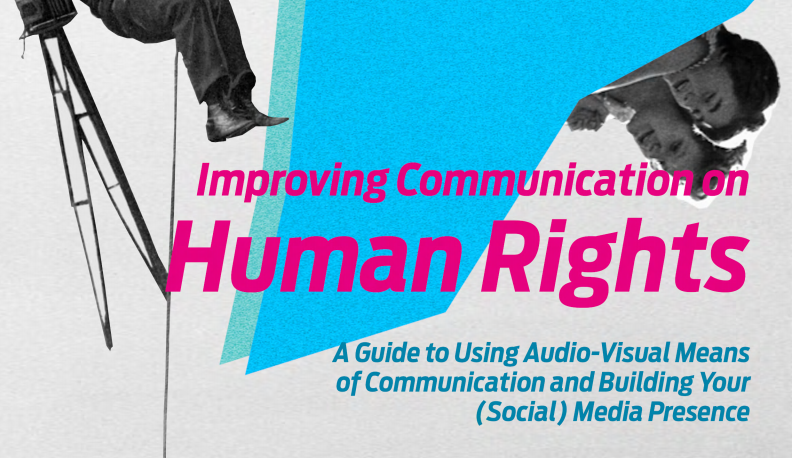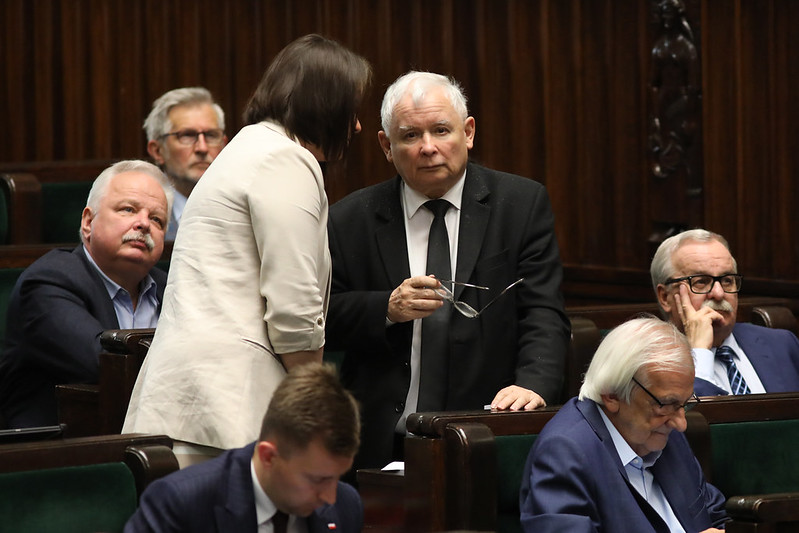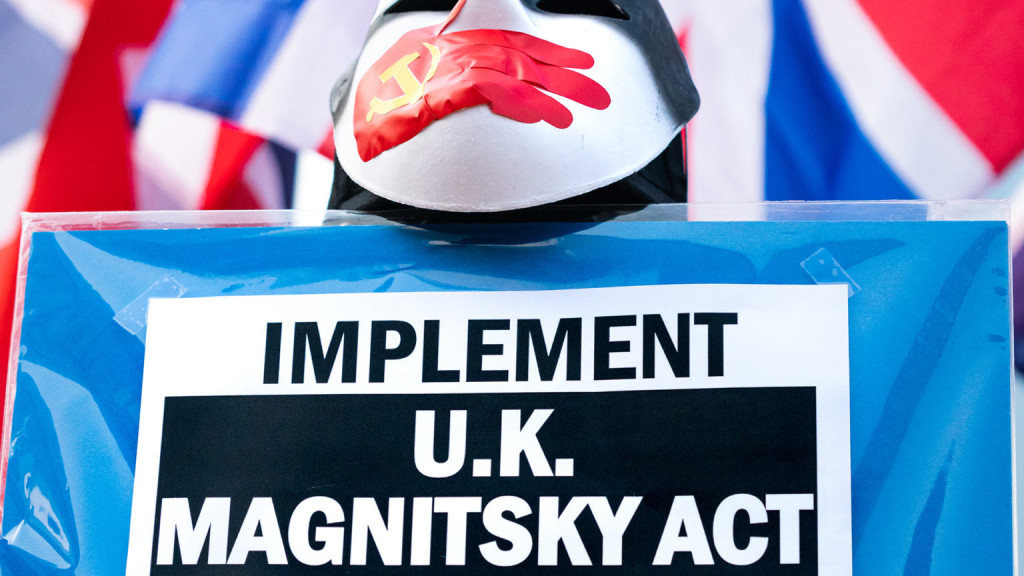
Whom Will Represent Next Polish Ombudsman?
Legally, the performance of Adam Bodnar\'s duties after the end of his term of office remains constitutional, while in the legal fiction of the Law and Justice (PiS) party, it will probably be enforced to deprive him of the tools to perform them. Polish women and Poles will be left without an ombudsman.











